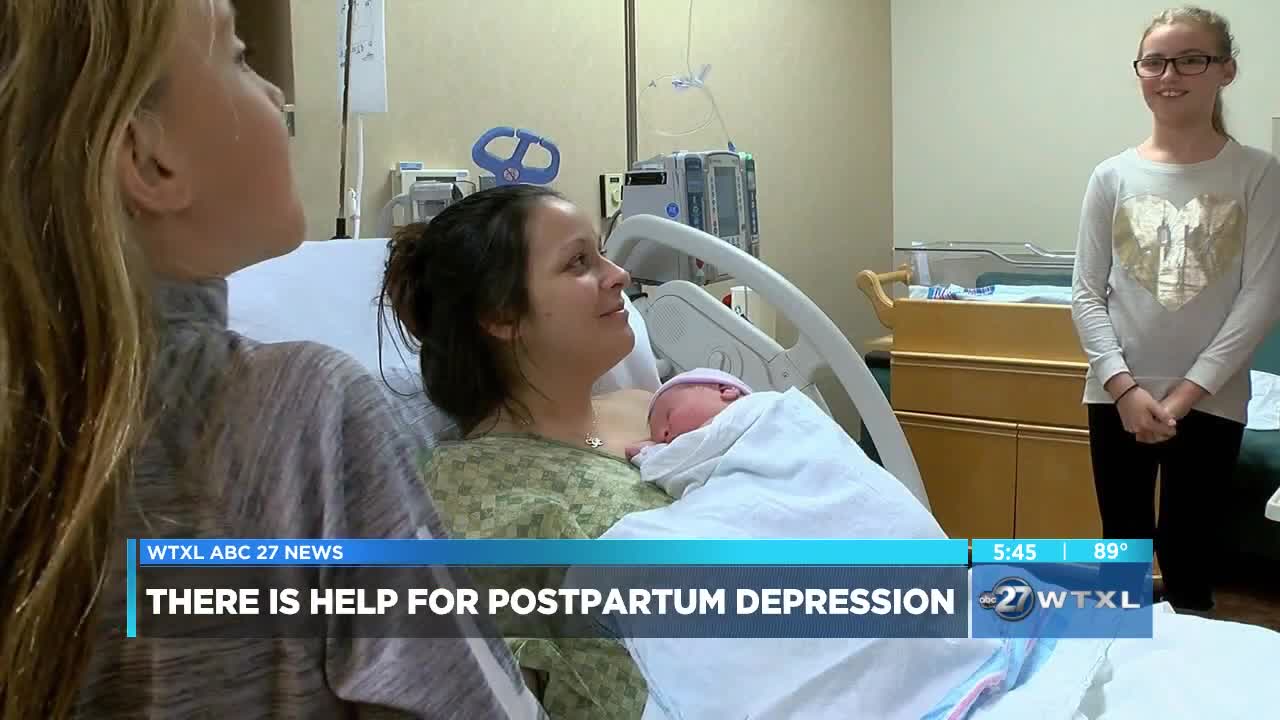TALLAHASSEE, Fla. — Anxiety and depression, it's not what a mother would normally expect after having a child, but it's a reality for about 40 percent of new mothers.
Having a baby that was planned for and anticipated should be one of the happiest days of a new mother's life, but for many, it is quite the opposite.
Feelings of depression, anxiety, isolation and even rage can be overwhelming, leaving new mothers with a feeling of hopelessness and despair. But there is hope and help right here in Tallahassee.
"I experienced not just sadness but also a lot of anger, which I found out later was anxiety," said Kelly Ashling, a mother.
And Kelly is not alone. A study by Orlando Health Winnie Palmer Hospital for Women & Babies in Florida found that nearly 60 percent of women under age 45 reported feeling anxious or depressed after giving birth.
"Feelings of hopelessness. Most moms don't realize that they are feeling depressed," said Amy Kimmel, Postpartum Support Coordinator. "They just feel like they are failing at motherhood. If feelings of harm are there, it may not even be concrete, it may be a desire to just go away or disappear rather than an actual plan, though that does happen."
Postpartum depression is categorized by experts as a mental illness that happens before giving birth or after, and symptoms vary.
"When I felt that I could no longer control my moods and my emotions to be there for my child , in a positive way, that was when I felt like I needed to get help," said Ashling.
And help is available. It is crucial that women going through PPD reach out to a mental health professional for help. Kimmel suffered from PPD and now runs a free support program called Postpartum Wellness Tallahassee. She says PPD sufferers are not alone and the illness is treatable.
"It goes away, but you have to reach out and be vulnerable, so you have to talk to somebody," said Kimmel.
Research shows PPD affects about one-in-seven mothers and that fathers may also feel depressed shortly after the birth of a child, which is called Paternal Postpartum Depression or PPPD.
For more information about Postpartum Wellness Tallahassee, call 850-895-1774 or visit their Facebook page.



